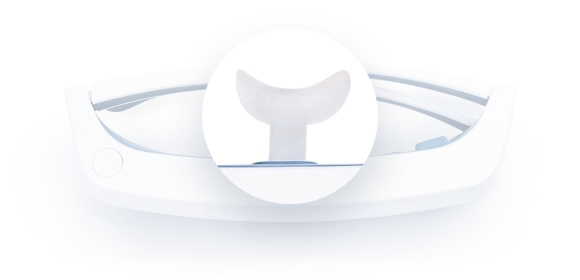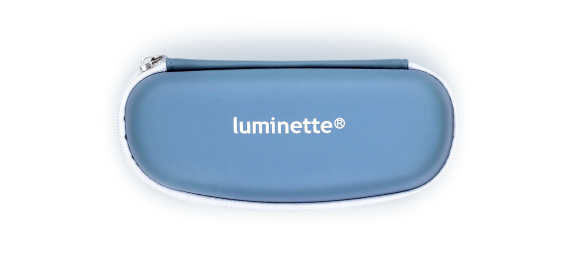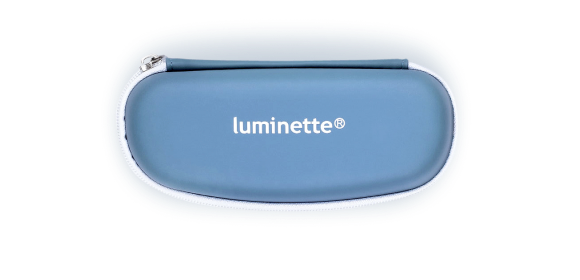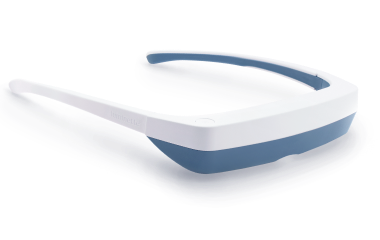Aromatherapy is a time-honored practice, deeply rooted in antiquity, that harnesses the inherent power of natural plant extracts, specifically aromatic essential oils, to bolster health and foster a heightened sense of well-being. It is a holistic healing treatment that uses natural plant extracts to promote health and well-being. As a branch of alternative medicine, it capitalizes on the human sense of smell, employing this often overlooked sensory pathway as the primary means of affecting wellness. The essence of this therapy lies in the use of aromatic compounds that are derived directly from nature. These plant-derived essences are not only fragrant but also possess potential therapeutic properties that can have a profound impact on both physical and mental health. Thus, through the simple act of inhalation, these aromatic compounds can help to alleviate a variety of health concerns, affirming aromatherapy’s place as a potent tool in the realm of holistic health.
What Is Aromatherapy?
Aromatherapy, more formally known as essential oil therapy, is a type of holistic healing treatment that employs the use of natural plant extracts with the aim of promoting overall health and well-being. Light therapy, a method that uses exposure to specific wavelengths of light for therapeutic purposes, can augment the benefits of aromatherapy. The practice of aromatherapy involves utilizing aromatic essential oils, derived from a broad range of medicinal plants. These oils, when inhaled or applied to the skin, can have profound effects on both the physical body and the psychological mind, similar to how light therapy impacts mood and sleep patterns.

The purpose of this therapy is to stimulate the body's own healing processes and enhance the individual's overall health and wellness. Aromatherapy is not merely about physical health but also aims to improve mental and emotional well-being, akin to light therapy's potential to alleviate seasonal affective disorder and other mood disorders. This ensures a balanced and holistic approach to health, contributing to an overall sense of well-being and vitality.
Health Benefits of Essential Oils and Aromatherapy
Aromatherapy, an ancient practice that has gained modern popularity, offers a plethora of health benefits that cater to various needs. It's renowned for providing relief from both anxiety and seasonal mood swings, two common mental health struggles in today's fast-paced society. By utilizing different scents and essential oils, aromatherapy has been found to significantly boost the mood and reduce stress levels. Furthermore, it's been observed to improve the quality of life, particularly for those living with chronic health conditions. By offering a natural, holistic approach to health, it contributes to a sense of overall well-being and promotes an improved lifestyle. Additionally, one of the standout benefits of aromatherapy is the promotion of better sleep patterns. A good night's rest is vital for physical health and mental clarity, and aromatherapy aids in achieving this. It's, therefore, an excellent tool in managing insomnia and other sleep-related issues.
How Aromatherapy Works for Relaxation
Aromatherapy is a holistic healing treatment that uses natural plant extracts to promote overall health and well-being. It aims to stimulate the body's healing processes and enhances both physical and mental health. Aromatherapy can provide relief from mood disorders, improve sleep patterns, and contribute to a sense of overall well-being. It involves inhaling essential oils or applying them to the skin, each with its own healing properties. However, precautions should be taken, as some individuals may experience allergic reactions to certain essential oils.

The Science Behind Aromatherapy
Aromatherapy is a fascinating alternative medicine practice that works primarily through stimulating our sense of smell and allowing our skin to absorb essential oils. These oils are naturally extracted from plants, capturing their scent, flavor, or "essence." The benefits of aromatherapy are achieved in various ways, which include either inhaling the aromas or applying the oils directly to the skin. In the case of inhalation, the smell receptors in your nose send chemical messages to your brain's limbic system, which affects your emotions and memory. On the other hand, when essential oils are applied to the skin, usually in diluted form, they penetrate the skin and enter the bloodstream, providing physical benefits. Essential oils are commonly used in massages, imparting both physiological and psychological benefits to the recipient. They are also used in baths, providing a relaxing and therapeutic experience, and in skincare products, where they can have direct benefits to the health of your skin.
The Role of Essential Oils in Aromatherapy
Essential oils serve as the cornerstone of the practice of aromatherapy. These oils are, in essence, highly concentrated extracts derived from various parts of plants that carry the unique scent, or the essence, of their origin plants. This aroma is not just a simple scent but the very identity of the plant from which it is extracted. Their concentrated nature means that they encapsulate the healing and therapeutic properties of these plants in a potent form. With a wide variety of essential oils available in the market, each possesses its own unique healing properties. These properties range from promoting relaxation to enhancing energy, making them a versatile tool in the realm of natural healing and wellness.
How to Use Essential Oils
Essential oils, which are highly concentrated natural extracts from the leaves, flowers, and stems of plants, can be utilized in a variety of ways for their potential health benefits. One of the most common ways to enjoy their aromatic benefits is to inhale them through a diffuser, a device that disperses the essential oil into the air, creating a calming or energizing atmosphere depending on the chosen oil. Another method is to apply them to the skin during a massage, providing a double benefit of touch and scent for relaxation or therapeutic purposes. Essential oils can also be added to a warm bath for a soothing and aromatic bathing experience. However, it is crucial to always remember that due to their high concentration, essential oils should always be diluted with a carrier oil before being applied directly to the skin to prevent potential irritation or allergic reactions.
The Benefits of Aromatherapy for Relaxation
Aromatherapy is a holistic healing treatment that uses natural plant extracts, known as essential oils, to promote health and well-being. It offers numerous benefits, such as relief from anxiety and winter blues, improved sleep patterns, and a general sense of well-being. Essential oils can be inhaled or applied to the skin, each offering unique healing properties. However, precautions should be taken, as some individuals may have allergic reactions to certain oils.

Physical Benefits
Aromatherapy, a practice that involves the use of natural plant extracts to promote health and well-being, has been found to be highly effective for relaxation. Physically, the benefits of aromatherapy are numerous. It can help alleviate stress and anxiety, creating a calming effect on the mind and body. This, in turn, can greatly improve sleep quality, as the reduction in stress and anxiety can help one fall asleep more easily and maintain a deeper sleep. Furthermore, aromatherapy can also play a role in pain management. Certain essential oils have anti-inflammatory and analgesic properties, making them effective at reducing certain types of bodily pain. By incorporating aromatherapy into a regular routine, it can serve as a natural method to promote overall wellness, enhancing both physical and mental health.
Psychological Benefits
Aromatherapy, when viewed from a psychological perspective, has the potential to greatly influence one's emotional state. It can act as a mood enhancer, helping to uplift the spirits and instigate feelings of joy and happiness, thus countering negative emotions. Furthermore, it has been observed to have a significant impact on stress levels, helping to reduce them and providing a calming effect. This can be particularly useful in today's fast-paced lifestyle, where stress is a common issue. In addition, aromatherapy can also foster a sense of relaxation, encouraging a peaceful mental state, thereby contributing to overall wellness. Moreover, it has been found to be particularly beneficial for individuals grappling with mental health issues such as seasonal mood swings and anxiety. By providing a calming effect and promoting feelings of happiness, aromatherapy can assist in managing the symptoms associated with these conditions.
Allergic Reactions and Precautions
Aromatherapy, the therapeutic use of plant-derived, aromatic essential oils to promote physical and psychological well-being, can offer a myriad of health benefits. It has the potential to alleviate stress, improve mood, promote relaxation, and even alleviate certain physical ailments. However, as with any therapeutic treatment, it’s important to use caution. While generally considered safe, some individuals may experience allergic reactions to certain essential oils, such as skin irritation, inflammation, or respiratory issues. To mitigate this risk, it's recommended to always conduct a patch test. This involves applying a small amount of the essential oil to a patch of skin and monitoring for any adverse reactions before proceeding with full application. This will ensure a safe and beneficial experience with aromatherapy.
Conclusion
Aromatherapy, the practice of using natural oils to enhance physical and mental well-being, offers an abundance of benefits, particularly when it comes to promoting relaxation and alleviating stress. Whether you're struggling with managing daily stress, battling anxiety, or simply seeking a method to unwind after a long day, the incorporation of essential oils into your routine can make a significant difference. Essential oils, extracted from plants, have been used for centuries due to their powerful therapeutic properties. They can be used in a variety of ways, such as through a diffuser, during a massage, or even in a bath. However, while the benefits are plentiful, it's always paramount to use them in a safe and responsible manner. This includes understanding the appropriate usage and potential reactions, as well as ensuring the oils are stored correctly to maintain their efficacy. By doing so, you can fully harness the potential of aromatherapy and make it a beneficial addition to your lifestyle.
FAQ
What is aromatherapy, and how can it help with relaxation?
Aromatherapy is a holistic healing treatment that uses natural plant extracts, often in the form of essential oils, to promote both physical and emotional health. The aromatic compounds can help induce relaxation, reduce stress, and improve sleep quality.
How is aromatherapy administered for relaxation purposes?
Aromatherapy can be administered in various ways, such as diffusing essential oils in the air, applying them on the skin through massage, or using them in a bath or shower. The method of administration can be chosen based on personal preferences and the specific relaxation benefits sought.
Are there any specific essential oils that are particularly beneficial for relaxation?
Yes, certain essential oils are known to have strong relaxation benefits. These include lavender, which can help reduce anxiety and improve sleep, and chamomile, known for its calming effects. However, it's always important to choose high-quality, pure essential oils and use them safely.






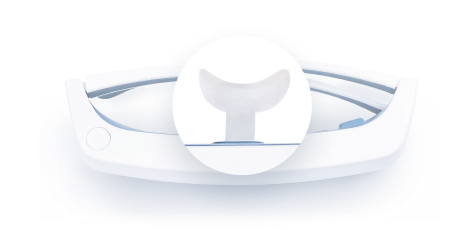
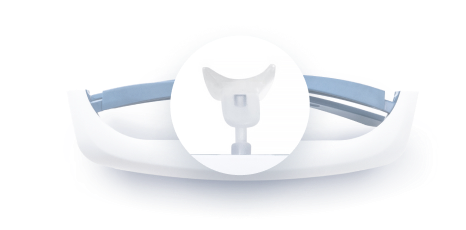

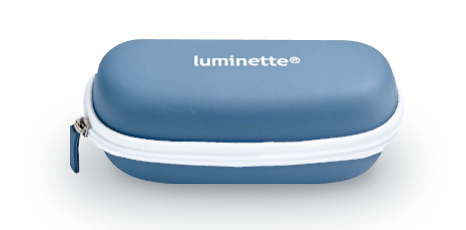
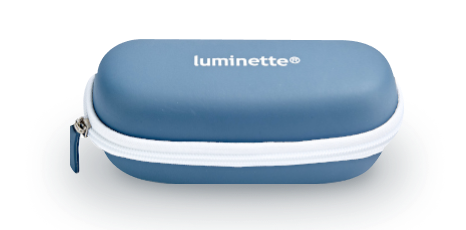
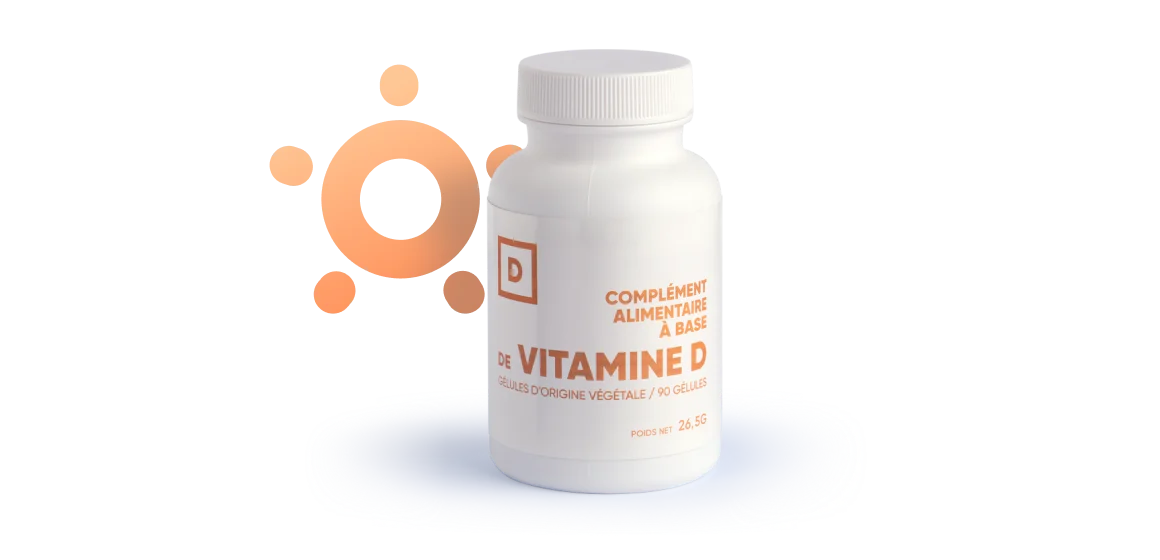



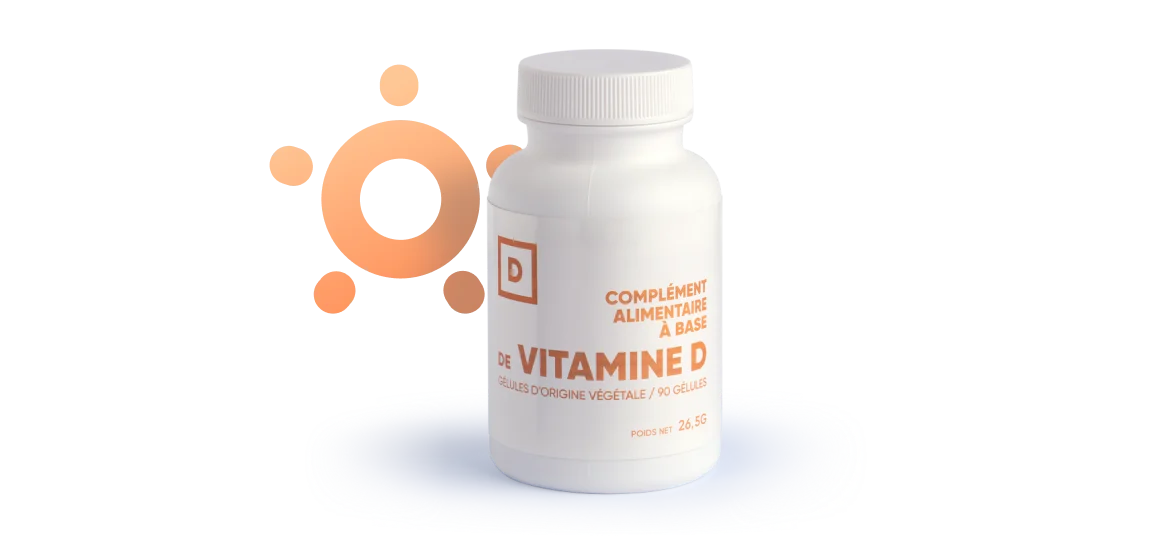
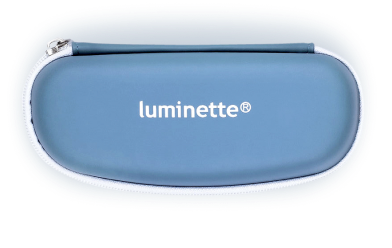
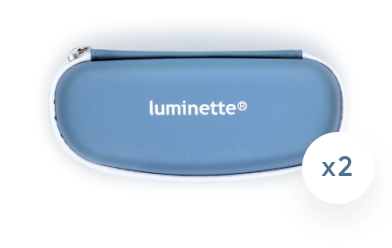
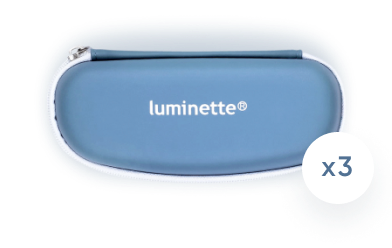
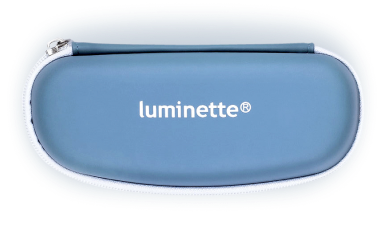
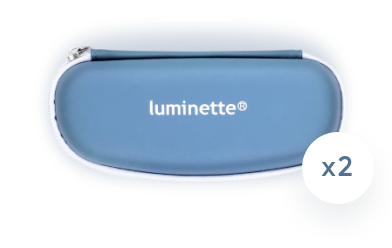
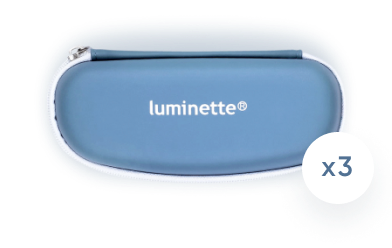
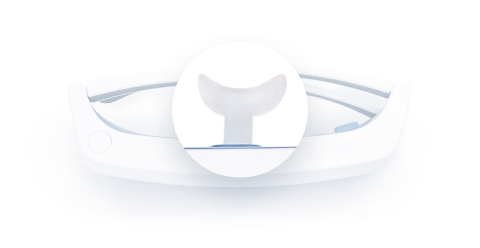
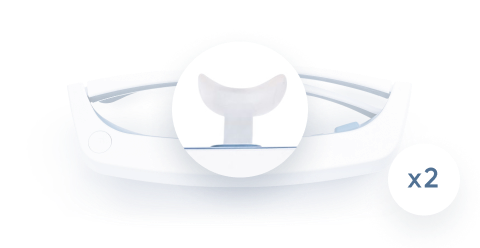
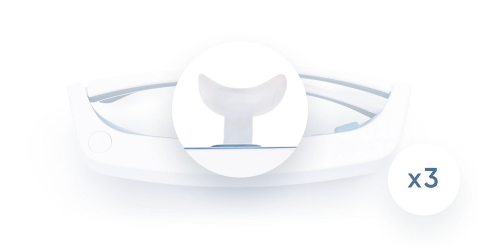
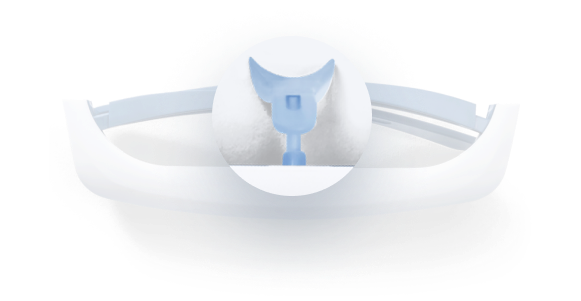


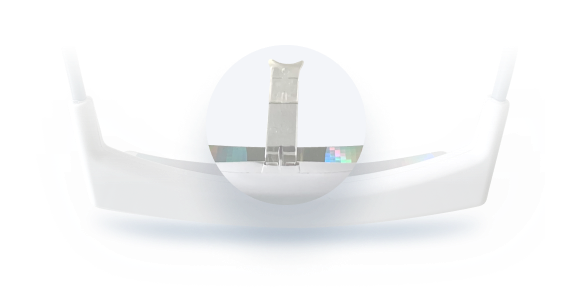









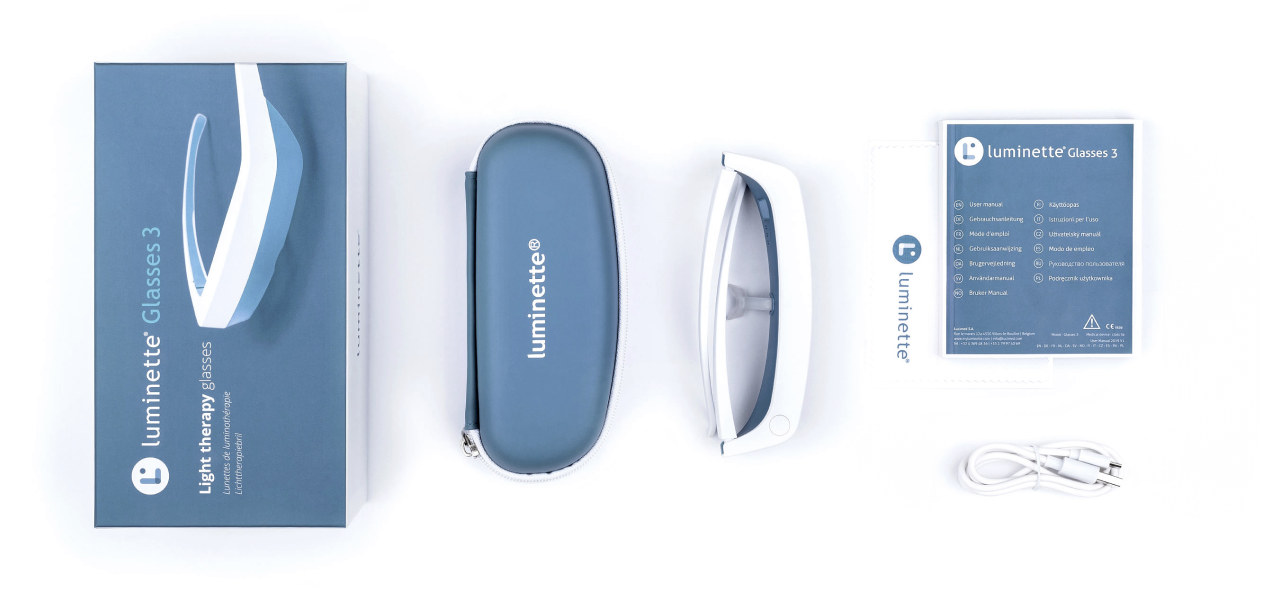



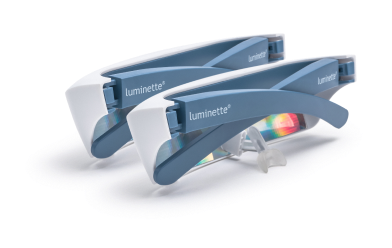

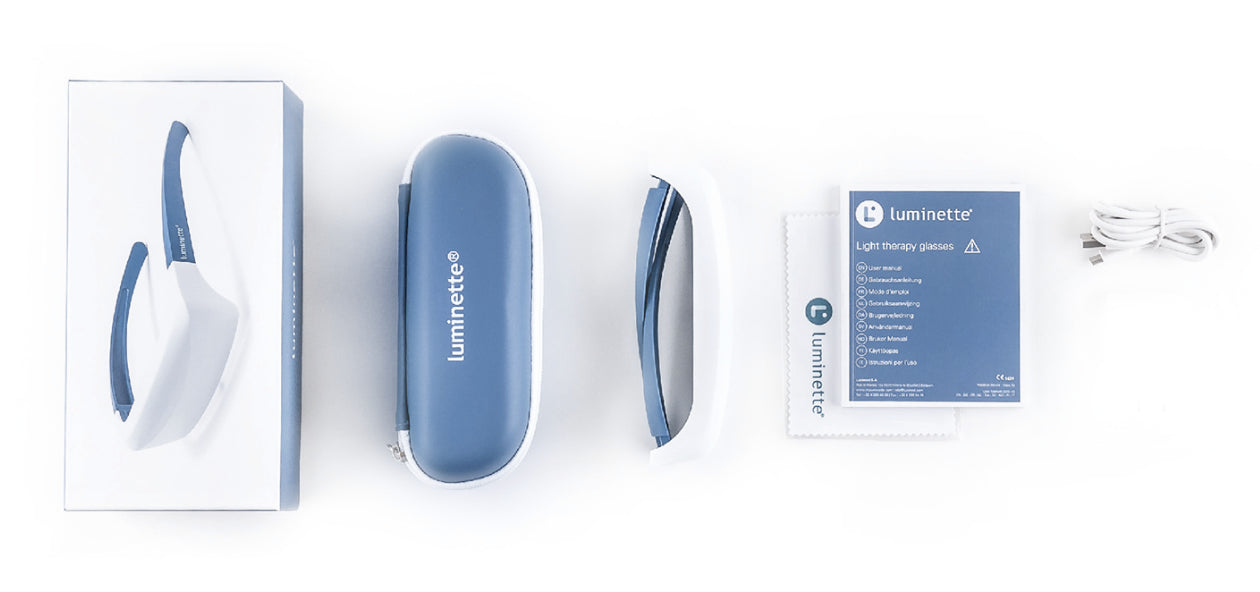




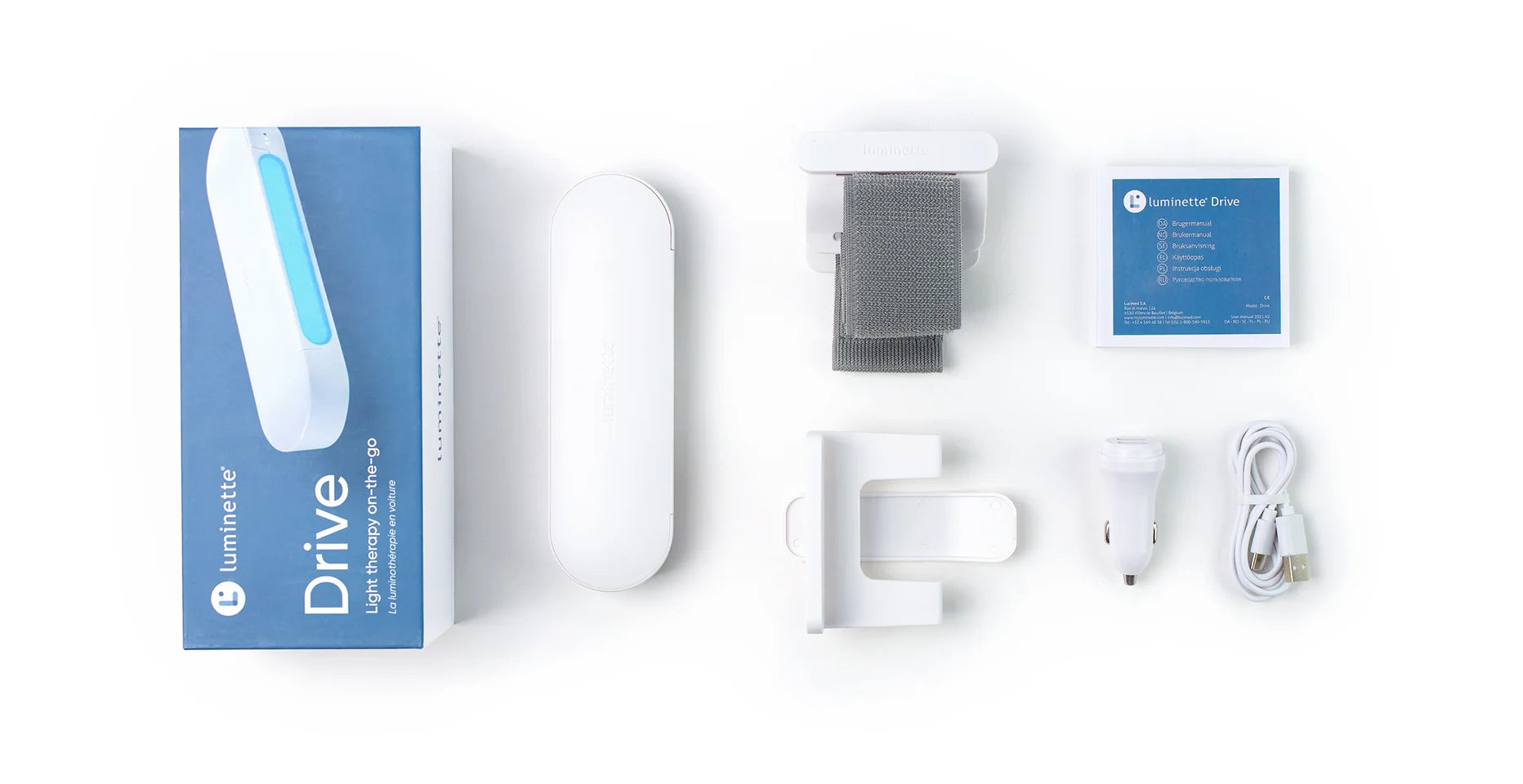
 Please note
Please note







